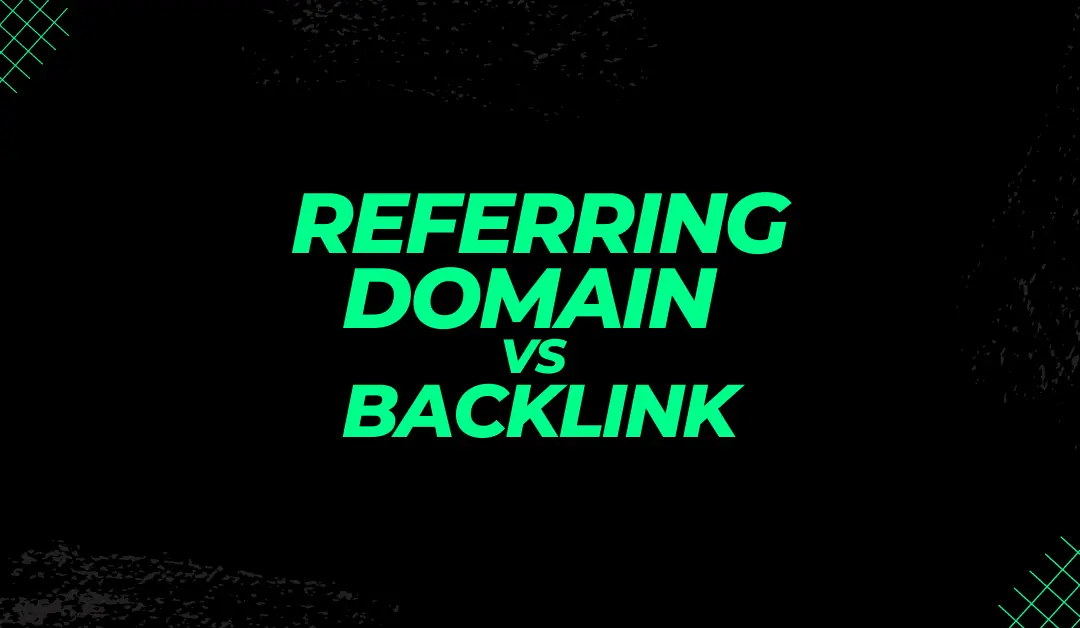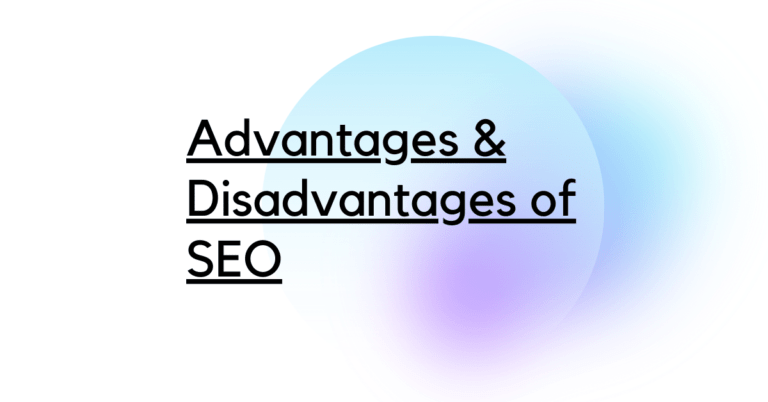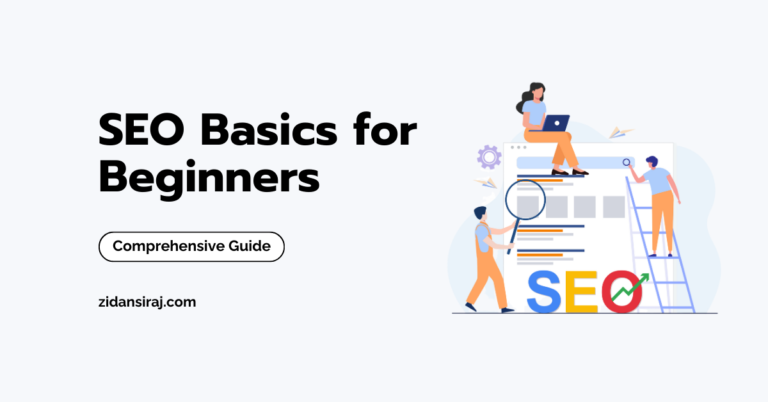You’ve been working hard to build your SEO street cred and think you’ve finally got the basics down pat.
Keywords? Check. Content optimization? Check. Link building? Double check.
But just when you start patting yourself on the back for being such an SEO savant, some jerk throws around phrases like “referring domains” and “backlinks” as if they’re interchangeable.
News flash – they’re not.
Before you start trading your SEO knowledge for magic beans, it’s time for a quick vocab lesson.
Referring domains and backlinks are both used to measure the authority and credibility of a site, but they represent two very different metrics.
One little mix-up and you’ll be chasing worthless links instead of the high-quality ones that actually move the needle.
So grab a coffee, settle in, and prepare to be schooled on the difference between referring domains and backlinks. The SEO fundamentals you thought you knew are about to get turned on their head.
Understanding Referring Domains and Backlinks
So you want the skinny on referring domains and backlinks, huh? Pull up a chair, kids. This is gonna get wild.
Referring domains are the websites that link to your site. Each domain that links to you counts as one referring domain. If three pages on the same site link to you, that still only counts as one referring domain. These incoming links are like recommendations from friends, telling Google your site is worth checking out.
More referring domains mean more people vouching for you, so Google assumes your site must be legit. This helps boost your search ranking. But be careful – linking schemes where you swap links with every Tom, Dick and Harry website out there may backfire. Quality over quantity, ya dig?
Backlinks are the actual links on other sites pointing to your URL. Each link is a single backlink. So if one referring domain links to you multiple times, you’ll have several backlinks from that one domain. Backlinks pass “link juice” and authority from the other site to yours.
The more authoritative the site linking to you, the more of their link juice gets passed onto you. It’s like fame by association.
Still confused? Here’s the Cliff’s Notes: Referring domains are the websites linking to you. Backlinks are the actual links on those sites pointing to your URL.
Referring domains demonstrate popularity. Backlinks pass authority and rankings. Comprende? Good.
Now go get linking!
Why Referring Domains Matter More Than Backlinks
So you want the inside scoop on referring domains versus backlinks, do you? Well grab a cup of coffee and settle in, because it’s time for some real talk.
Backlinks are fine and dandy, but referring domains are where it’s at if you want to rank. See, any old website can give you a link. But a referring domain? That means the big dogs, the influencers in your niche, see you as authoritative enough to link to. And Google, well, they just eat that up.
Think of it this way: would you rather get a recommendation from some random person on the street, or from your boss and colleagues, who actually know your work? Referring domains are like getting recommendations from the head honchos in your field. Backlinks are like your neighbor down the street vaguely remembering you exist.
So chase after referring domains, not just any old link. Reach out to sites that actually influence your readers. And don’t just ask for a link, build a real relationship. Become a contributor. Help them out with resources. Make connections.
The links and traffic from high-authority, relevant referring domains will boost your rankings far more than a bunch of little backlinks from just about anyone. Focus on quality over quantity. Go big or go home.
Because at the end of the day, it’s not just about how many links you have – it’s about who’s linking to you. And referring domains from industry leaders? That’s the real key to success.
Also read: Which on page element carries the most weight for SEO
Building High-Quality Referring Domains
So you want to build high-quality referring domains, do you? Well aren’t you ambitious. Referring domains are like Pokémon—you gotta catch ‘em all. But rather than stalking through tall grass, you’ll be combing the internet for sites actually worth linking to your own.
The key is finding domains with authority and trust. Look for sites that have been around for awhile, post high-quality content, and actually get decent traffic.
Think influencers, popular blogs, reputable organizations in your industry. Scratch that—any site still using GeoCities templates or referencing “Web 2.0” unironically does not make the cut.
Reach out to site owners and ask (very politely) if they’d consider linking to your content. Explain why their readers would find value in what you’ve published. If they say no, don’t push it—that’ll only make you seem desperate and damage your relationship.
On the other hand, if they say yes, thank them enthusiastically and offer to reciprocate. Link exchanges with respected sites are like gold.
You can also guest post on relevant blogs and include a link back to your site. Again, focus on high-authority domains and provide high-quality content their readers will genuinely appreciate. No spammy backlinks allowed! The goal is forming authentic connections, not just boosting rankings.
Building great referring domains takes work. But by targeting sites that actually move the needle and developing real relationships, you’ll construct a portfolio of backlinks any SEO pro would envy. Or at the very least, not mock openly. Keep at it, and you’ll have all the Pokémon—er, domains—in no time.
Conclusion
You’re now a master of the difference between referring domains and backlinks.
With this knowledge, you can impress your SEO coworkers, intimidate your digital marketing competition, and maximize your website’s search rankings. Build high-quality referring domains to gain authority and boost your rankings.
Chase after backlinks within those domains for direct traffic and link equity. Wield this power responsibly, dear reader, as with great SEO knowledge comes great responsibility.
Go forth and conquer the search results pages, you link-building maven. The world is your oyster, as long as that oyster has a high domain authority and numerous backlinks.







